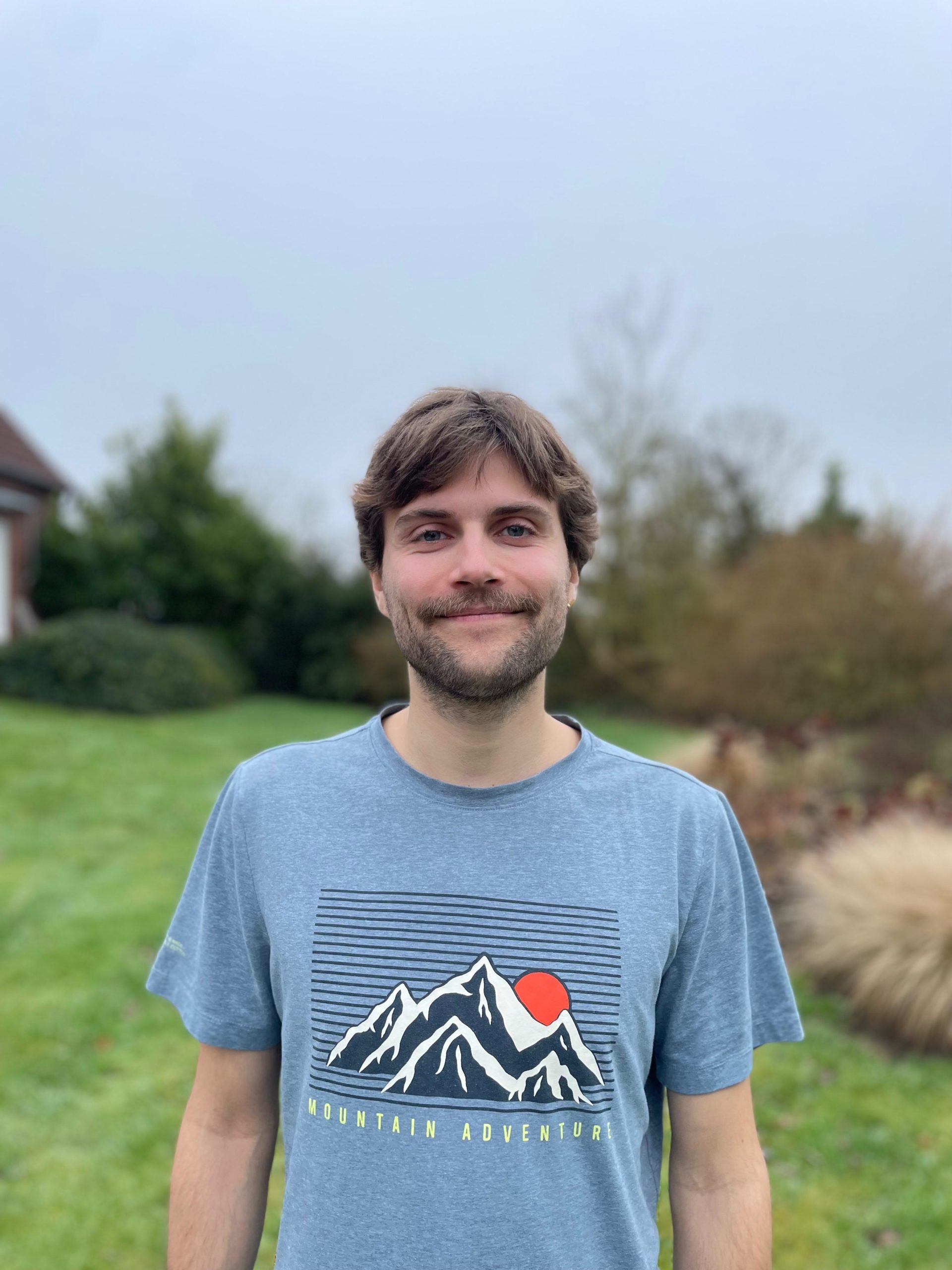
David-Gabriel Lange
About
David grew up close to Hamburg in northern Germany and his passion for studying and researching physics was ignited during an internship at the Hamburg Observatory. Subsequently, David moved to Sweden in 2017 to pursue a Bachelor in Physics at Lund University, after which he moved to Italy to do a Master’s degree in condensed matter physics. Throughout his studies, David was involved in a variety of research projects. He was able to experimentally demonstrate a novel efficient and cheap way to enhance signal-to-noise ratio in optical measurements using a streak camera. In collaboration with the laser cooling group at Fudan University, he helped model and optimise an experiment consisting of beam propagation through a cascade of Acousto-optical modulators (AOMs), in order to achieve efficient high-order Bragg diffractions. Lastly, together with the quantum group at Padova University, David devised a protocol to simulate the realistic nature of a Rydberg atom based quantum computer, as it is exposed to the environment. An effort made on the road to more accurate models that describe Noisy intermediate-scale quantum era (NISQ) devices and their behaviour in exposure to different types of noises.
David is eager to begin his scientific career by pursuing this PhD project, contributing in the field of integrated photonics. Namely to design and realise compact Mid-IR optical devices.
Research
Activities
2025
Info day Photonics and Radio Frequency Simulation for Industry, in Grenoble, FR
JNOG conference, in Sete, FR – Poster: Mid-IR Integrated Nonlinear Optics with Lithium Niobate
Workshop on Nonlinear Effects in Optical Fibers and Integrated Waveguides organized by GDR ELIOS, in Besançon, FR – Presentation: Anomalous dispersion engineering for supercontinuum generation in SiN-on-LNOI waveguides
Interests
David’s research interests are related to Laser physics, Non-linear Optics, Integrated Photonics, Many-body quantum physics, Quantum Computing, Open quantum Systems, and Signal processing.
Outside working hours, he practices sport climbing, alpinism, long distance running and produces electronic music.